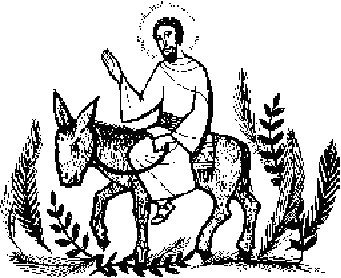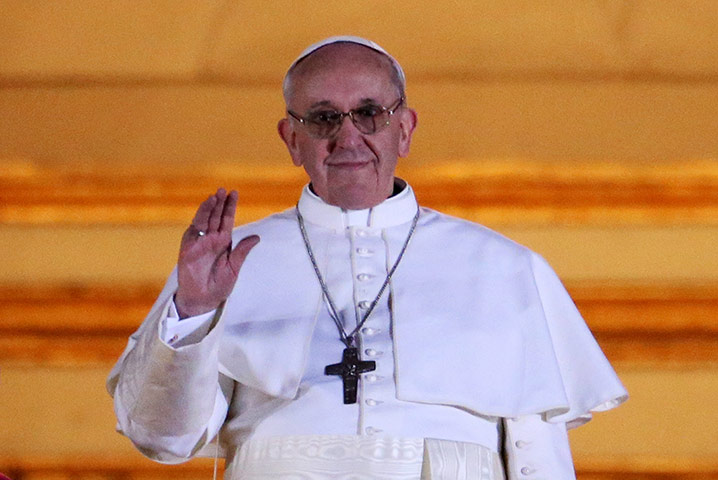As you come forward to receive the bread and the cup this evening, you are also invited to have your feet washed as we remember Jesus' final commandment to love one another as Jesus has loved us.
Feet.
Not many of us like our feet. I became a consumer of Dr. Scholl's products at a young age when I realized my feet sweat a lot in gym class - and especially when I wore shoes without socks throughout the summer months. Thankfully this aroma has disappeared with age, but I know it well enough to recall how many uncomfortable moments it produced.
My feet don't exactly look great at the moment. Though sandal season is on the horizon, it's not quite here. My toenails are not even. They are not painted in pink.
Feet.
How many of us like our feet? And how many of us will allow another person other than a person we are paying (and tipping 20%) at the nail salon to wash our feet?
I'm always amazed when people come forward on Maundy Thursday and sit in a chair as I kneel in front of them. They watch as I take their foot in my hands and pour hot water on top, gently caressing their foot and then repeating the process with the other foot before holding them both around a towel, drying off the dampness. It is an action that moves me to tears every Maundy Thursday as I look at these feet and recall the stories behind them, the challenges carried by them and the places they long to go.
I cannot wash feet without being profoundly grateful for the privilege of being a pastor.
 We are welcoming new members tomorrow at Mount Vernon Place. I have had extensive conversations with one of these members about what it means to join a church and whether everyone needs a pastor. The conversations have been some of the most life-giving conversations I have ever had with anyone considering becoming part of our church family.
We are welcoming new members tomorrow at Mount Vernon Place. I have had extensive conversations with one of these members about what it means to join a church and whether everyone needs a pastor. The conversations have been some of the most life-giving conversations I have ever had with anyone considering becoming part of our church family.I don't know if everyone needs a pastor. I know that more people in our city go through life without one than choose to have one. But I also know the incredible gift that comes when someone allows me to be their pastor.
I am humbled to think of the times when I have been allowed into a hospital room to greet, hold and bless a child that is a few hours old. I consider it a sacred privilege to be welcomed at the bedside of one who is dying. I have never led a body to its final rest place in the cemetery without feeling like I am walking on holy ground. I hold close to my heart the life stories that have been shared with me because I am a pastor: stories of coming out as a gay man or lesbian woman, stories of relationships that are going well and marriages that are suffering, stories of babies being conceived and wombs that remain empty, stories of life and stories of death, stories of hopes and stories of dreams, stories of good actions and stories of actions we wish had never happened. It's a rather remarkable thing for someone to allow me to enter these places as I kneel before them, hold their lives in my hands, and offer a blessing, a prayer, a petition, tears and laughter.
I don't know if everyone needs a pastor.
 But I pray - I so hope that when someone needs me to be their pastor that I am always available - that I show up, that I speak the right words, that I ask the right questions, that I allow the right amount of silence, that I laugh, and cry, and honor the sacredness and craziness and hopefulness and unfairness of life. I pray that I hold stories in my hands as though each story is fragile, as though a life could be made well or broken in an instant.
But I pray - I so hope that when someone needs me to be their pastor that I am always available - that I show up, that I speak the right words, that I ask the right questions, that I allow the right amount of silence, that I laugh, and cry, and honor the sacredness and craziness and hopefulness and unfairness of life. I pray that I hold stories in my hands as though each story is fragile, as though a life could be made well or broken in an instant.I learned a long time ago that pastoral ministry is a calling for which none of us are truly worthy.
I still cannot believe that people actually let me wash their feet.




